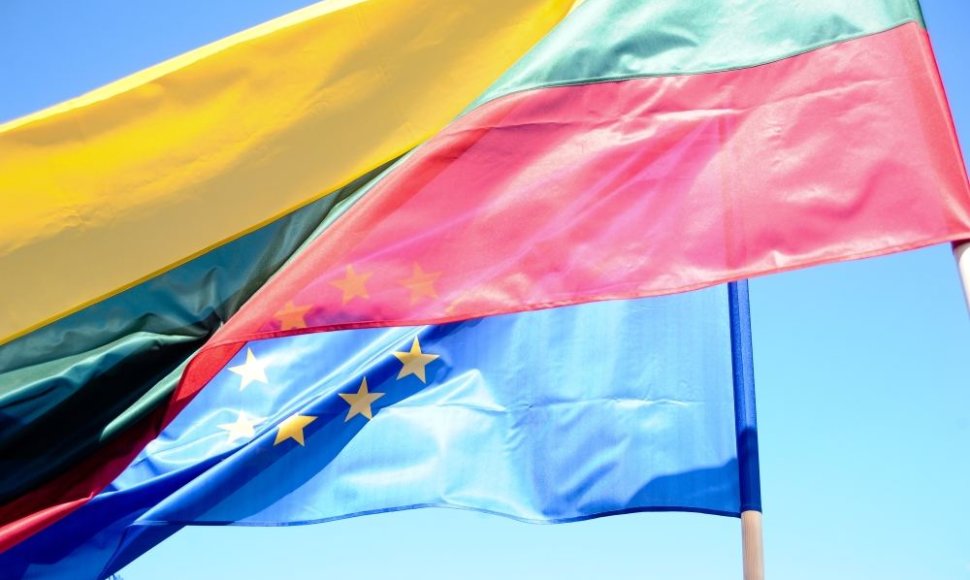Despite having such a negotiator, Lithuania failed to convince Brussels to increase its support for decommissioning of the facility in new EU financial framework.
The task group established by the Prime Minister is about to complete its work and will submit a report to the government on Monday, 8 October. The government will be advised against extending the mandate of the task group, the group’s chairman Deividas Matulionis tells BNS.
“On Monday, we will submit an overview of the group’s work – what has been done, what should still be done in the nearest future. The task group, which was established almost a year ago, was necessary for ensuring better intra-institutional coordination and presentation of our position at all possible levels in the European Union, including the Member States and the Council’s secretariat. In these terms, the task has actually been accomplished and lobbying was pursued on all levels. This issue is known in probably all capitals of EU Member States,” Matulionis, who is also the Prime Minister’s Chancellor, told BNS.
The process had been completed, he said adding that the EU Council was expected to agree on the financial framework of 2014-2020 in November. “We believe that a separate task group and a separate negotiator should not be necessary any longer,” Matulionis said.
Neilas Tankevičius, the Prime Minister’s adviser who is currently in charge of Lithuania’s talks with Brussels on funding for Ignalina’s decommissioning, told BNS that the EU summit would mark the last stage of talks aimed at ensuring “adequate” funding for Lithuania for INPP decommissioning projects.
“It will be an attempt to reach an agreement. If everything goes smoothly, all parties will be equally satisfied or equally dissatisfied – such an agreement is possible... Adequate funding means that it should be sufficient for smooth and timely implementation of decommissioning plan,” Tankevičius, who will take the post of Lithuania’s ambassador to Estonia on 6 October, said.
Lithuania is asking for a total of 770 million euros to be allocated for the closure of Ignalina plant. Meanwhile, the Commission proposed to earmark 210 million euros for this purpose by 2017. Prime Minister Andrius Kubilius has stated repeatedly that this proposal is unacceptable for Lithuania.












